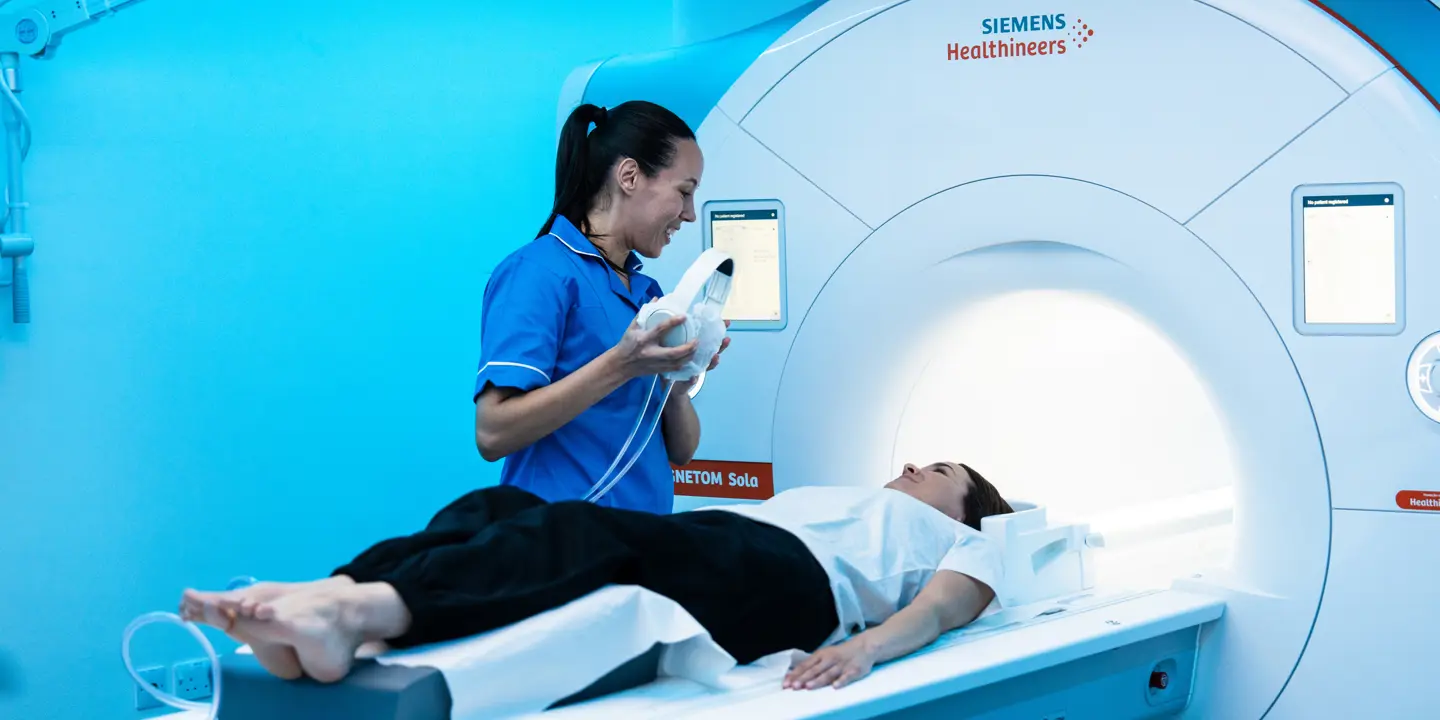Showing 1-12 of 152 posts
-
Can Ultrasound Scans Detect Pancreatitis? A Comprehensive Guide
Read
more
Read more
-
Can an Ultrasound Scan Detect a Hernia?
Read
more
Read more
-
How Often Should You Get a CT Scan? Essential Guidelines
Read
more
Read more
-
Echocardiogram
How Accurate is an Echocardiogram?
Read
more
Read more
-
Why Would a Doctor Order a Chest X-Ray?
Read
more
Read more
-
Full Body MRI
Why People Are Choosing Full Body Scans This Black Friday
Read
more
Read more
-
Can an Ultrasound Scan Detect Cancer?
Read
more
Read more
-
Why Do I Need an MRI Scan for Gallstones?
Read
more
Read more
-
Why You Need a CT Thorax Scan: Key Benefits Explained
Read
more
Read more
-
Can a CT Scan Detect Lung Cancer? Discover the Facts Here
Read
more
Read more
-
Your medical scan checklist: what to bring and how to prepare
Read
more
Read more
-
Why Does an MRI Make So Much Noise? Understanding the Sounds
Read
more
Read more



